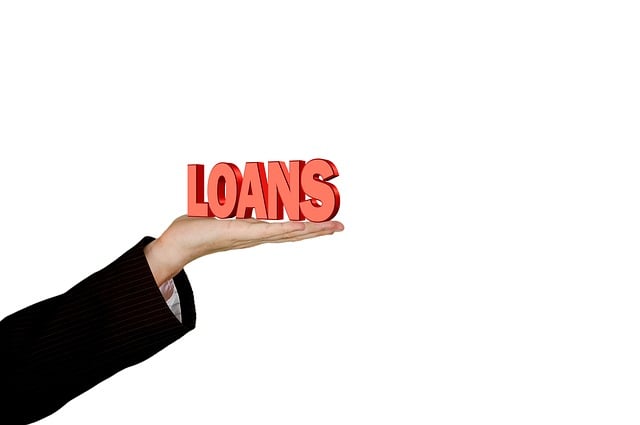Unsecured debt consolidation loans provide a financial solution for individuals with multiple high-interest debts, offering a single loan with potentially lower rates and no collateral required. Eligibility is based on credit scores (minimum 580), income, and debt burden, while loan amounts typically correspond to consolidated debts up to a certain percentage of annual income. Understanding the requirements and potential drawbacks can help borrowers make informed decisions regarding this strategic debt management approach.
“Exploring debt consolidation as a bad credit holder? This guide unravels the intricacies of What Is an Unsecured Debt Consolidation Loan and its eligibility criteria. Despite challenges, such loans offer a potential path to financial stability. We delve into the key factors determining your suitability, focusing on the requirements for Unsecured Debt Consolidation Loans. Understanding these criteria is vital before you embark on this financial journey. By the end, you’ll grasp the benefits and considerations that could transform your debt management strategy.”
- Understanding Unsecured Debt Consolidation Loans
- Eligibility Criteria for Bad Credit Applicants
- Benefits and Considerations for Loan Consolidation
Understanding Unsecured Debt Consolidation Loans
Unsecured debt consolidation loans are a type of financing option designed to help individuals manage multiple high-interest debts by combining them into a single loan with a potentially lower interest rate. Unlike secured loans, which require borrowers to offer collateral, unsecured loans provide funds based solely on the borrower’s creditworthiness and personal financial history. This makes them accessible to those with bad credit who may not have any assets to use as security.
When considering an unsecured debt consolidation loan, individuals should understand that lenders will assess their credit score, income, and overall debt burden to determine eligibility. Lenders typically look for borrowers with a minimum credit score of 580 or higher to qualify for these loans. The loan amount offered usually corresponds to the total of the debts being consolidated, up to a certain percentage of the borrower’s annual income. This ensures that the borrower can comfortably make the required monthly payments without causing further financial strain.
Eligibility Criteria for Bad Credit Applicants
For individuals with bad credit, securing a loan can often feel like an insurmountable task. However, there is hope in the form of unsecured debt consolidation loans. These loans are designed to help borrowers consolidate multiple debts into a single, more manageable payment, without requiring collateral. This makes them an attractive option for those struggling under the weight of high-interest credit card debts or personal loans.
Eligibility criteria for bad credit applicants typically includes having a minimum credit score of 575 (though this can vary among lenders), steady employment or a proven income stream, and proof of residency. Lenders will also consider factors such as outstanding debt obligations, monthly income, and existing credit utilization. Understanding these eligibility requirements is crucial before applying for an unsecured debt consolidation loan to ensure the best chance of approval and favorable loan terms.
Benefits and Considerations for Loan Consolidation
Debt consolidation loans can be a beneficial option for individuals struggling with multiple high-interest debts. One of the most common types is an unsecured debt consolidation loan, where borrowers consolidate their debts into a single loan with a lower interest rate. This approach simplifies repayment by combining various creditors into one manageable payment, making it easier to budget and potentially saving money in interest charges over time.
When considering this option, it’s essential to weigh the advantages against potential drawbacks. Unsecured loans offer flexibility but may have less favorable terms compared to secured loans, which require collateral. Borrowers should carefully evaluate their financial situation, ensuring they can make consistent repayments without incurring additional fees or damaging their credit further. Exploring different loan options and comparing rates from various lenders is crucial to finding the best fit for an individual’s needs.
Unsecured debt consolidation loans can provide a lifeline for individuals struggling with high-interest debt, offering a chance to simplify repayment and save money. However, as discussed, these loans come with specific eligibility criteria, particularly for those with bad credit. By understanding the requirements and benefits outlined above, borrowers can make informed decisions about whether a bad credit debt consolidation loan is the right move for their financial future.
